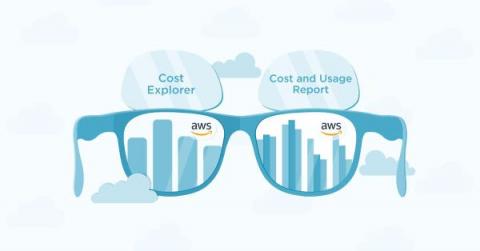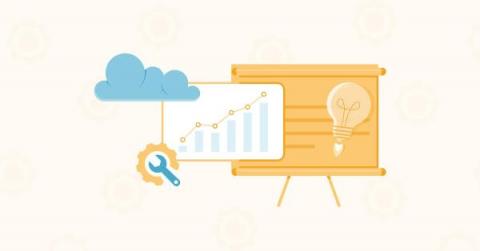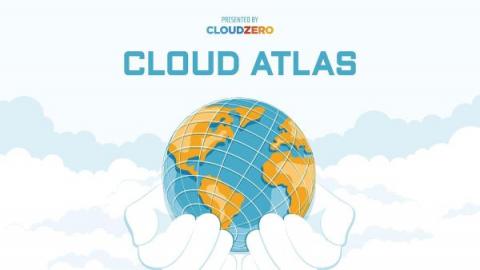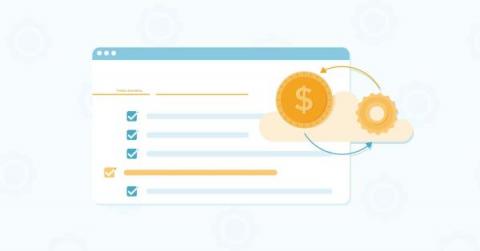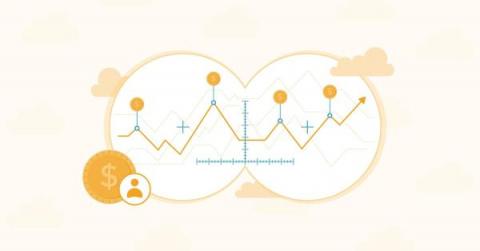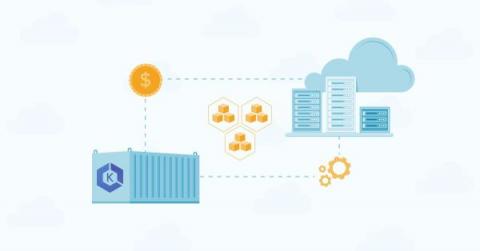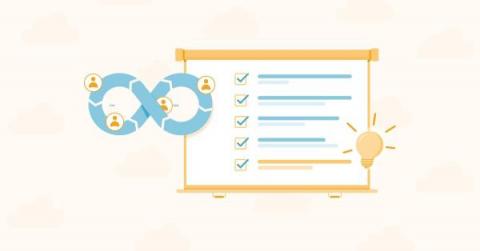AWS Cost Explorer Vs. Cost And Usage Report (Is There A Better Option?)
A major problem led Amazon to introduce Cost Explorer and Cost and Usage Reports. Many Amazon Web Services (AWS) users were overspending on services they couldn't quite identify. Before the two cloud financial management tools, the AWS public cloud was like a buffet menu without prices. Engineers could use as many cloud resources as they could get away with (and then some), only to be hit with surprise bills at the end of the month or billing cycle.


